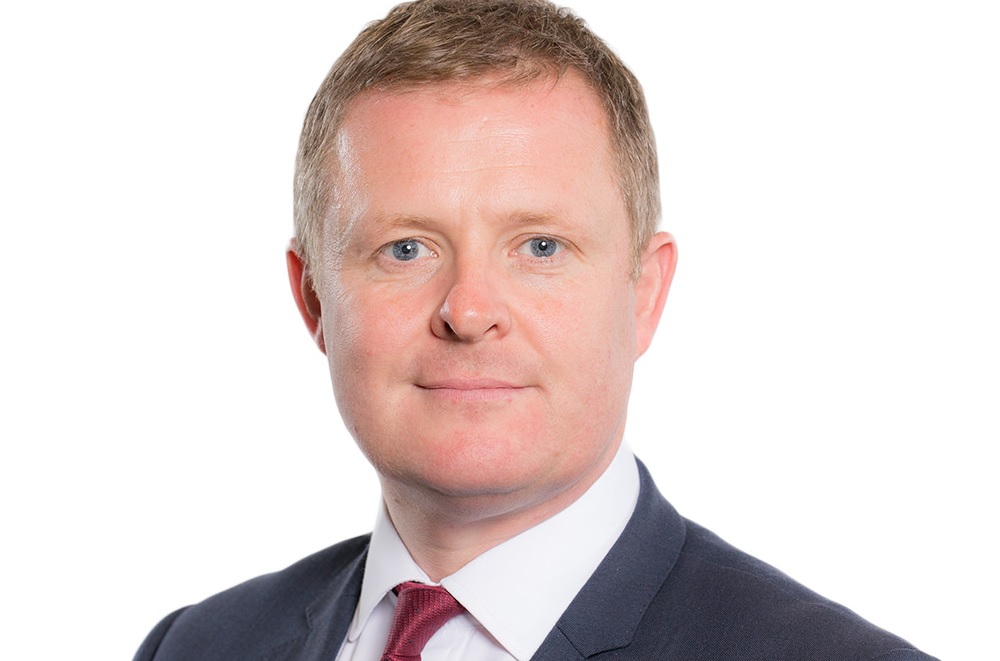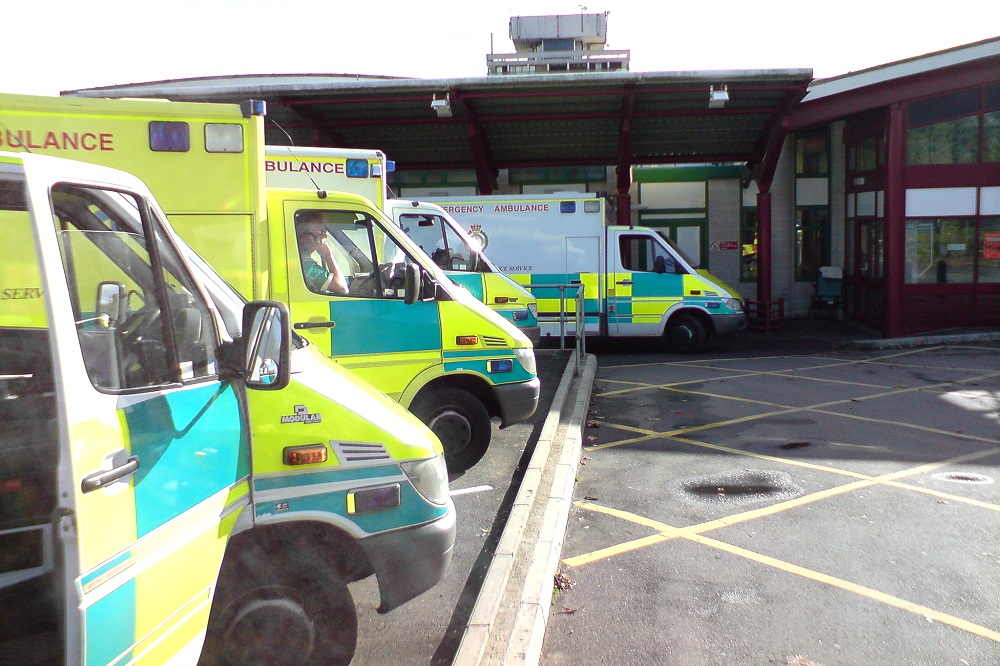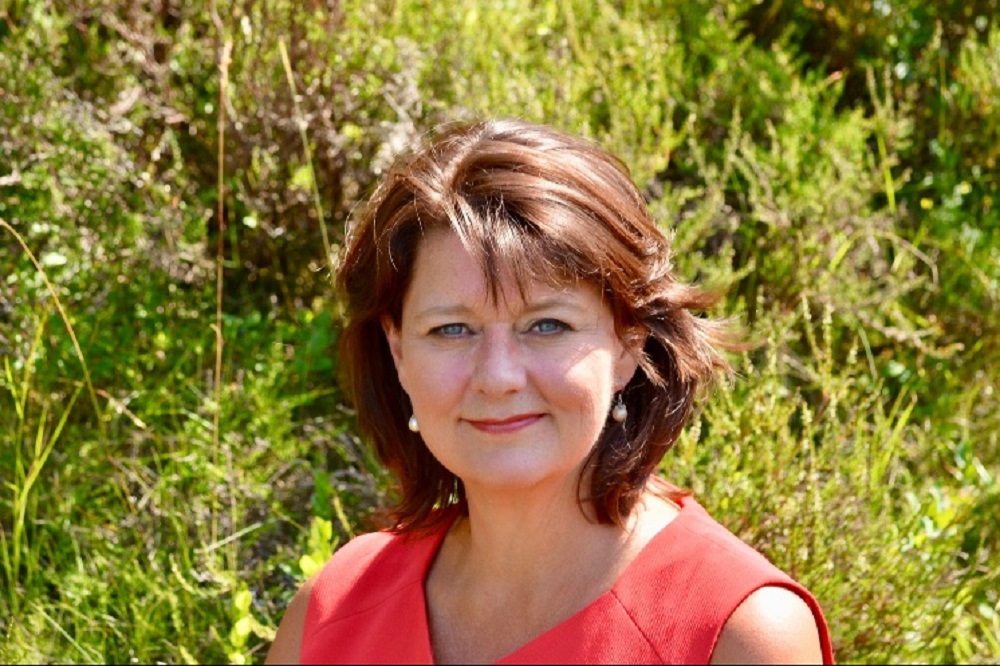Senedd roundup: UK Internal Market Bill ‘badly thought through and highly damaging’

Owen Donovan, Senedd Home
- Almost all parts of the controversial post-Brexit Internal Market Bill “will have a negative impact on devolution”.
- The Bill’s supporters say opposition is an attempt to frustrate Brexit; opponents compare it to Tryweryn and Hitler’s Enabling Act.
- Intergovernmental agreements provide a way forward.
Setting out what he describes as the factual arguments against the Bill, Counsel General & Brexit Minister, Jeremy Miles (Lab, Neath), went through each part one by one stating how it would affect devolution.
This ranged from mutual recognition and non-discrimination clauses which could potentially block the Senedd introducing a ban on single-use plastics, clauses which could allow professionals with non-recognised qualifications to work in Wales, centralisation of oversight in a UK Government department and also breaches international law concerning Northern Ireland.
As things stand, the Counsel General committed himself to doing whatever’s necessary to prevent the “badly thought through and highly damaging” Bill becoming law.
UK Government “is trying to neuter devolution”
Shadow Brexit Minister, Darren Millar MS (Con, Clwyd West), enthusiastically backed the Bill. The people of Wales consented to EU powers being transferred to the UK Government and, where appropriate, to the Senedd. He suggested hypocrisy in being uptight about the UK Government setting state aid rules, for example, when the Welsh Government and Remain campaign having no problem with the EU doing so.
In response, the Counsel General said Darren Millar’s speech was “a work of fiction” and asked for him to point to where in the Bill it transfers any additional powers to Wales? The Conservatives simply don’t like how things are done here and Alun Cairns’ speech in the House of Commons demonstrates the thought process behind this.
Dr Dai Lloyd MS (Plaid, South Wales West) listed several examples where powers could have been restricted under the Bill including smoking bans, organ donation and possibly free prescriptions. He suggested the Bill could lead to “a second Tryweryn”.
The Chair of the Constitutional Affairs & Justice Committee, Mick Antoniw MS (Lab, Pontypridd), went a step further:
“I found a European state that had been a pinnacle of the rule of law, a mother of parliaments, with a constitution that was respected throughout the world, where legislation was introduced to remove the autonomy from devolved states, to empower the Government to enact laws to violate the constitution and to disempower the judiciary. That was the 1933 Enabling Act of the Weimar Republic that brought Hitler to power.”
– Mick Antoniw MS
Alun Davies MS (Lab, Blaenau Gwent) called for a sensible discussion on a federal UK.
Following a question from Delyth Jewell MS (Plaid, South Wales East) on the practical or legal steps that could be taken to protect devolution, the Counsel General said legal options were being considered. However, the intergovernmental agreement reached as part of the withdrawal of the Continuity Act provides a constructive way forward if the UK Government are willing to engage.

52 new cases of Covid-19 in Rhondda Cynon Taf ahead of tomorrow’s lockdown
Public Health Wales has confirmed a further 199 people have tested positive for coronavirus in today’s update.
No new deaths from Covid-19 deaths have been reported in Wales in the past 15 days.
There have been a total of 1,597 deaths and 19,880 people have tested positive for the virus since the start of the pandemic.
A total of 9,831 tests were carried out across Wales on Tuesday.
Rhondda Cynon Taf, where a lockdown is being put in place from tomorrow, recorded 52 new infections, the highest in Wales.
In Caerphilly there were 36, while Newport recorded 15 and Cardiff 14.
Essential
Welcoming the introduction of new restrictions in the Rhondda Cynon Taf council area, Dr Robin Howe, Incident Director for the coronavirus outbreak response at Public Health Wales, said: “These measures are essential to protect people’s health and control the spread of the virus.”
“The new measures, which apply to everyone living within the Rhondda Cynon Taf area, will come into force from 6pm on Thursday 17 September.
“Previously announced enhanced public health action in Rhondda Cynon Taf and Merthyr Tydfil local authority areas continues in addition to the Welsh Government measures announced today.
“These include limits on the use of public transport to essential purposes only, and that local people should not visit care homes, unless it is an end-of-life visit. In such cases full PPE will be required.”

Picture by Ashley Buttle (CC BY 2.0).
Minister warns of rising hospital admissions
- “Narrow window to act” to prevent second wave lockdown as Covid-19 cases reach February 2020 levels.
- Health Minister was told about recent Covid-19 test data breach on September 3rd; First Minister informed on the 14th.
- Waiting lists could take the rest of the next Senedd term to clear; Lighthouse labs “working well until three weeks ago”.
This is usually around the time of year the Health Minister, Vaughan Gething (Lab, Cardiff S. & Penarth), sets out plans for how the NHS will deal with winter pressures, but there’s added pressure this year, described as “truly extraordinary”.
As the second wave spreads, the situation is becoming more serious. The ambulance service was also returning to high levels of activity.
“Despite the huge efforts of the majority of people, some areas are experiencing much higher numbers of cases that are likely to result in vulnerable people being admitted to hospital in the coming weeks. So, let me be absolutely clear: if we are to avoid further local or national lockdowns, our behaviour must change and change quickly. We are in a similar position now to early February this year – a matter of weeks ahead of the national lockdown choice made in March by each UK nation.”
– Health Minister, Vaughan Gething
£800 million will be provided to help the NHS over the winter, with an emphasis on Covid-19 prevention through track and trace as well as reducing the strains on the NHS by pushing for seasonal flu vaccinations.
Shadow Health Minister, Andrew RT Davies MS (Con, South Wales Central), raised concerns about treatment backlogs over the summer, supplies of flu vaccines as well as PPE supplies for health and social care staff. He sought clarity on when the Minister knew about the recent Public Health Wales data breach to maintain confidence in future plans.
Investigations
The Minister confirmed he was told about the data breach on 3rd September, though the First Minister said yesterday that he only knew about it on the afternoon of 14th September. This hasn’t impacted any of the investigations which have been launched.
The Minister was less optimistic about cutting waiting times – and that’ll be the case across the UK. He suggested that most of the next Senedd term will be needed to catch up with some of the treatment backlogs. That said, he has no concerns about PPE or flu vaccine supplies.
Rhun ap Iorwerth MS (Plaid, Ynys Môn) noted the serious problems with the UK Lighthouse labs and the availability of tests. Alun Davies MS (Lab, Blaenau Gwent) called for testing to be brought back to Wales given the failures of the UK systems “week after week and month after month”.
The Minister said Lighthouse labs were working well “until three weeks ago”. He’s been assured the problems will be resolved, but it’s hit the turnaound of tests for care workers and faces pressures caused by the reopening of schools, colleges and universities on case numbers.
The Minister seemingly didn’t support a Wales-only testing system (for now) but did say Welsh resources would be deployed where needed.

Education Minister confident outbreak management will keep schools open
- “Success” of track and trace programme will help schools and colleges remain open.
- Schools are given the necessary flexibility through September to ease students back into regular routines.
- Concerns about whether social distancing was being properly observed when moving between classrooms.
Praising how schools and colleges have dealt with the return to classes, Education Minister, Kirsty Williams (Lib Dem, Brecon & Radnor), said that while her priority was the safety of students, school reopening is crucial for children’s development given the events of 2020.
She was hopeful that the management of localised outbreaks will support schools and colleges to remain open.
“Wales’s technical advisory group were also clear that we must have a robust trace and protect strategy in place as a prerequisite for a wider reopening of schools. And as has been rehearsed earlier in the Chamber, this has been a real success story here in Wales, with not only a high number of contacts being traced within 24 hours but also a clear approach to outbreak management, which will help support schools in moving forward.”
– Education Minister, Kirsty Williams
Challenges
The Minister accepted there may be “significant wellbeing challenges” over and above what would usually be expected at the start of a new academic year. Schools have been given more flexibility during September to smoothly integrate students back into a regular routine.
£29 million has been provided to hire extra teaching assistants for students in years 11, 12 and 13 as well as those with additional needs to ensure they’re able to catch up. £10 million has also been provided to councils to ensure there’s safe capacity in school transport. More walk-in testing centres were due to be set up in the coming weeks.
Shadow Education Minister, Suzy Davies MS (Con, South Wales West), supported schools remaining open unless they “absolutely had to close”, but several issued emerged during the lockdown.
“….while school leaders turned themselves inside out trying to provide the best that they could for our learners, I think we know by now that there was a great inconsistency of pupil contact, of the accessibility of online content, the ability of families to engage with that online content, and the willingness of children to stick with it….We’ve all had a bit of Covid fatigue, I guess.”
– Shadow Education Minister, Suzy Davies MS
Sian Gwenllian MS (Plaid, Arfon) couldn’t quite believe that the track and trace system was being described as “successful”; children were being sent home for displaying systems then unable to return until taking a test which parents were finding increasingly difficult to get hold of. There was also a lack of clarity over the use of face coverings on school buses.
Jenny Rathbone MS (Lab, Cardiff Central) thought the bus situation could provide a nudge for more pupils to walk or cycle to school.
Several members, including the Minister herself, raised concerns that social distancing was being ignored or difficult to manage when moving between classrooms – though the Minister believes the simplest solution has been to move teachers around the school with students only moving between classrooms when necessary.

Plans for centre for asylum seekers at military base slammed
Plaid Cymru’s Shadow Minister for Equalities, Leanne Wood MS, has criticised proposals to house 250 asylum seekers at a military base in Pembrokeshire.
Penally’s Army training centre is among a number of locations being considered for the facility, according to Secretary of State for Wales Simon Hart.
He told the Western Telegraph: “Following the submission of a request, the Ministry of Defence has commenced scoping options across the UK. One of the sites under active consideration is Penally Training Camp.
“The Home Office and the Ministry of Defence are working hard to ensure Penally Training Camp is compliant with Covid-19 regulations and will have minimal impact on the local community. It is estimated by the Home Office that the site would temporarily house around 250 people if this option is agreed.
“I am in contact with the Home Secretary and Pembrokeshire County Council who in turn are speaking to Dyfed Powys Police and other stakeholders.
Perverse
Describing the camp as ‘perverse setting’ for refugees, Ms Wood also accused the UK Government of a lack of consultation with the local community.
“A military training camp would be a perverse setting for housing people who may have witnessed first-hand the horrors of conflict and fled out of desperation and fear for their lives,” she said.
“The accommodation appears to be wholly inadequate and would inevitably add to the distress of the individuals who may be forced to stay there.
“There appears to have been little or no consultation with the Local Authority about these proposals, meaning that adequate support for these individuals may not be guaranteed if this turns out to be the preferred location.
“Wales has a proud history of welcoming those seeking asylum from some of the most volatile and dangerous regions on earth.
“In meeting its moral duty to protect these individuals, the UK Government should identify sites which are both safe and suitable to house them. At present, they seem to be failing on both fronts.”
Support our Nation today
For the price of a cup of coffee a month you can help us create an independent, not-for-profit, national news service for the people of Wales, by the people of Wales.





